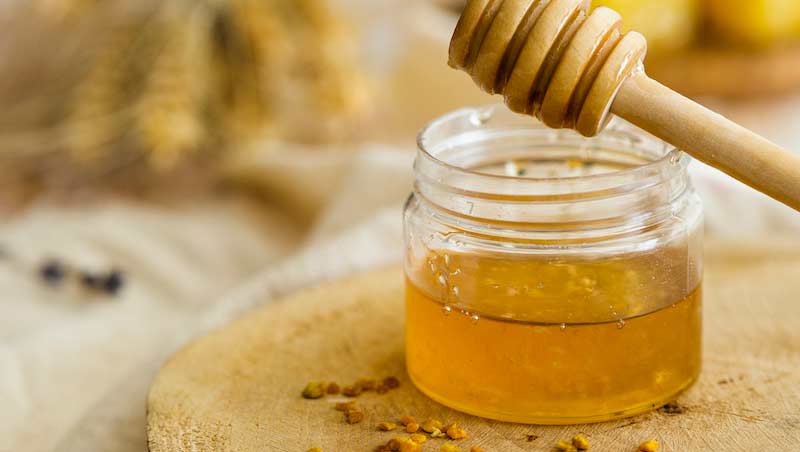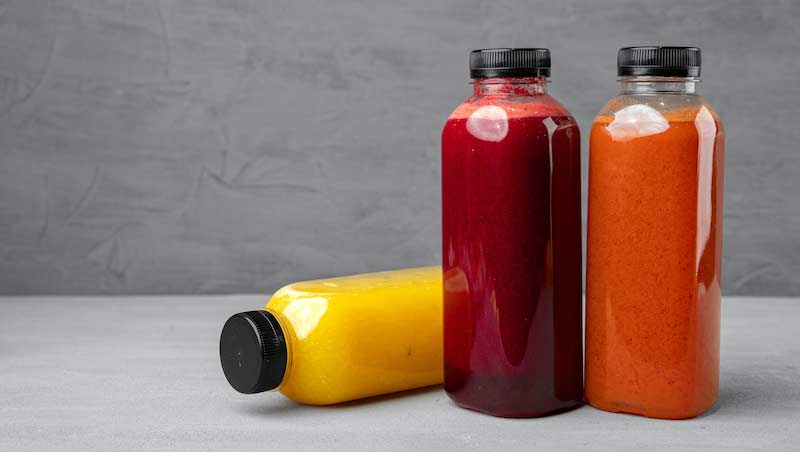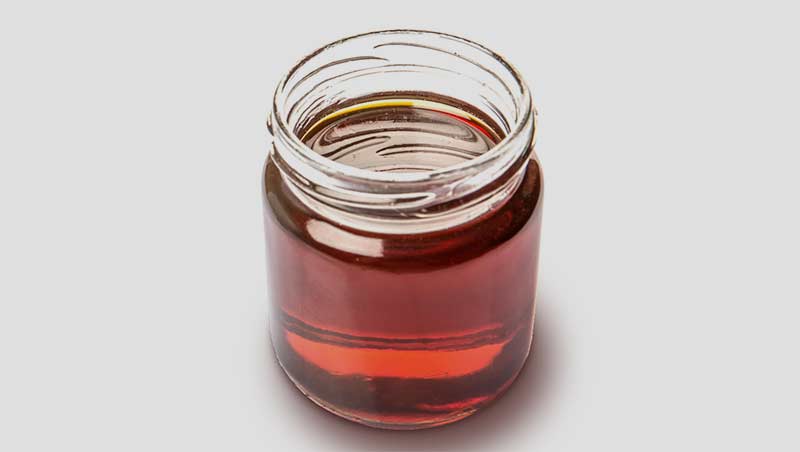
What are humectants
Humectants are hygroscopic substances that can attract and hold water molecules. They are used in food processing to maintain the moisture content of the product and prevent it from drying out. Humectants can be synthetic or natural and are commonly used in many food products, such as baked goods, confectionery, and meat products.
What do humectants do?
Humectants help to maintain the quality of food products by preventing moisture loss and maintaining a desirable texture. They also help to extend the shelf life of food products by reducing the growth of bacteria and other microorganisms that thrive in dry environments.






